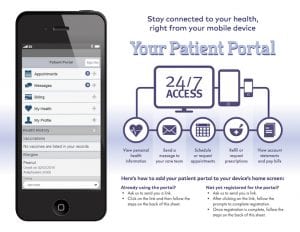If you’re having an immediate kidney stone issue, call us at 1-844-NOSTONE for a same-day appointment.
We all know that kidney stones are painful, and we all want to avoid them at all costs. Summertime is sometimes known as “kidney stone season,” and for good reason. Doctors see a sharp rise in kidney stone patients during the warmer months, notably August.
Kidney stones are hard clumps of minerals that sometimes form when your body doesn’t have enough natural chemicals in urine that prevent clumping. These clumps, or stones, can be very painful as they move from your kidneys and through your system.
Here are seven things you need to know to be ready for “kidney stone season” this year –
- The main cause for kidney stones, and the reason there are so many in the summer, is dehydration. Sweating leads to water loss, and water loss leads to decreased urination. When the body is unable to eliminate excess minerals through urination, these minerals can settle and form stones. The simple solution? Drink more water!
- Kidney stones have increased by as much as 30 percent in the past decade. Most people believe that it is because of dietary trend changes that have occurred in the past decade.
- Of the four main types of kidney stones, calcium-based stones make up 80 percent of all stones treated. Too much calcium in the diet, however, is very rarely the cause of stones. Rather, you should exercise caution when taking calcium supplements. It is best to only take calcium supplements with the approval of your doctor.
- Watch out for summertime barbecue foods! The second biggest cause for kidney stones, after dehydration, is a diet high in protein, salt and sugar. Make sure to monitor your intake of these, and keep your diet full of fresh vegetables and whole grains.
- Across all demographics, white men have a higher risk for kidney stones with an increase in risk starting in their 40s. However, a woman’s risk rises beginning in her 50s.
- Pregnant women also face an increased risk for developing stones due to their cardiovascular system’s increased output, their kidney’s increased filtration activity, and an increase in the amount of calcium absorbed by the intestines and released into the urine during pregnancy.
- The good news is that treatment for most small stones can be as simple as drinking lots of fluids and taking pain relievers. The recommended fluid intake for stone treatment and prevention is two liters or around nine cups per day.
For more on kidney stones and treatment at Arkansas Urology, give us a call today at 1-877-321-8452.




